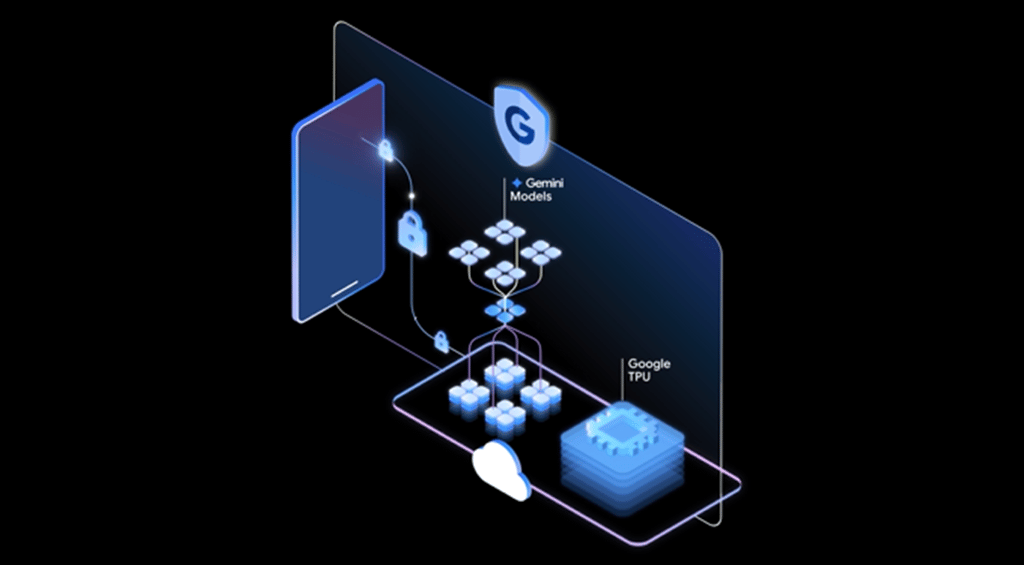Datamation content and product recommendations are
editorially independent. We may make money when you click on links
to our partners.
Learn More
Amazon Web Services’ (AWS) Indian customers no longer have to look beyond their country’s borders to use the company’s cloud offerings.
Amazon this week announced the opening of its Asia Pacific (APAC) Mumbai Region, comprised of two local and independent cloud data center sites that AWS refers to as Availability Zones. With the addition of these new IT facilities, AWS now operates out of 35 Availability Zones across 13 regions.
Cloud Storage and Backup Benefits
Protecting your company’s data is critical. Cloud storage with automated backup is scalable, flexible and provides peace of mind. Cobalt Iron’s enterprise-grade backup and recovery solution is known for its hands-free automation and reliability, at a lower cost. Cloud backup that just works.
SCHEDULE FREE CONSULT/DEMO
For AWS customers in the region, the data centers not only offers faster access to their cloud data and applications, courtesy of decreased latency, but also eliminates data residency hurdles that may have kept some businesses from moving their IT workloads to the cloud.
“These same 75,000 Indian customers, along with others anxious to start using AWS, have asked for an AWS India Region so they can move their applications that require low latency and data sovereignty,” said Andy Jassy, CEO of AWS in a June 28 announcement. “We’re excited to make this available today, with the same pay-as-you-go pricing, ability to get started immediately without having to negotiate enterprise agreements or wait days for access, and unmatched functionality that customers enjoy in AWS Regions worldwide – all of which allows customers to go from idea to launch faster than ever before was possible.”
India, with a population of nearly 1.3 billion people, has emerged as an attractive market for public cloud companies.
In September 2015, Microsoft opened three new Azure data centers located in Pune, Chennai and Mumbai. Weeks later, the Redmond, Wash.-based software giant announced it had begun serving one of its hallmark cloud offerings, Office 365, out of the new Indian data centers. “With the new data centers, [businesses in India] will also get the added benefit of data residency, which is particularly important to organizations in regulated industries, such as banking, government and health care,” said Rajesh Jha, corporate vice president of Microsoft Office 365, at the time.
Courting India’s tech startups and the country’s 2.75 million developers – second only to the U.S. with 3.6 million – IBM opened a public cloud data center in Chennai last October. The Chennai center joined Big Blue’s cloud center in Mumbai, a 31,000 square foot facility opened a year earlier.
Like AWS and Microsoft Azure, IBM’s cloud data centers help assuage the data residency concerns of Indian enterprises. “This new Mumbai center is IBM’s latest investment to create the most extensive global network of cloud facilities in the industry to help clients expand globally with cloud and tackle data sovereignty issues,” said Lingraju Sawkar, director of Integrated Technology Services at IBM India, during the Mumbai center’s opening.
Pedro Hernandez is a contributing editor at InfoStor. Follow him on Twitter @ecoINSITE.
-
Ethics and Artificial Intelligence: Driving Greater Equality
FEATURE | By James Maguire,
December 16, 2020
-
AI vs. Machine Learning vs. Deep Learning
FEATURE | By Cynthia Harvey,
December 11, 2020
-
Huawei’s AI Update: Things Are Moving Faster Than We Think
FEATURE | By Rob Enderle,
December 04, 2020
-
Keeping Machine Learning Algorithms Honest in the ‘Ethics-First’ Era
ARTIFICIAL INTELLIGENCE | By Guest Author,
November 18, 2020
-
Key Trends in Chatbots and RPA
FEATURE | By Guest Author,
November 10, 2020
-
Top 10 AIOps Companies
FEATURE | By Samuel Greengard,
November 05, 2020
-
What is Text Analysis?
ARTIFICIAL INTELLIGENCE | By Guest Author,
November 02, 2020
-
How Intel’s Work With Autonomous Cars Could Redefine General Purpose AI
ARTIFICIAL INTELLIGENCE | By Rob Enderle,
October 29, 2020
-
Dell Technologies World: Weaving Together Human And Machine Interaction For AI And Robotics
ARTIFICIAL INTELLIGENCE | By Rob Enderle,
October 23, 2020
-
The Super Moderator, or How IBM Project Debater Could Save Social Media
FEATURE | By Rob Enderle,
October 16, 2020
-
Top 10 Chatbot Platforms
FEATURE | By Cynthia Harvey,
October 07, 2020
-
Finding a Career Path in AI
ARTIFICIAL INTELLIGENCE | By Guest Author,
October 05, 2020
-
CIOs Discuss the Promise of AI and Data Science
FEATURE | By Guest Author,
September 25, 2020
-
Microsoft Is Building An AI Product That Could Predict The Future
FEATURE | By Rob Enderle,
September 25, 2020
-
Top 10 Machine Learning Companies 2021
FEATURE | By Cynthia Harvey,
September 22, 2020
-
NVIDIA and ARM: Massively Changing The AI Landscape
ARTIFICIAL INTELLIGENCE | By Rob Enderle,
September 18, 2020
-
Continuous Intelligence: Expert Discussion [Video and Podcast]
ARTIFICIAL INTELLIGENCE | By James Maguire,
September 14, 2020
-
Artificial Intelligence: Governance and Ethics [Video]
ARTIFICIAL INTELLIGENCE | By James Maguire,
September 13, 2020
-
IBM Watson At The US Open: Showcasing The Power Of A Mature Enterprise-Class AI
FEATURE | By Rob Enderle,
September 11, 2020
-
Artificial Intelligence: Perception vs. Reality
FEATURE | By James Maguire,
September 09, 2020
SEE ALL
CLOUD ARTICLES









